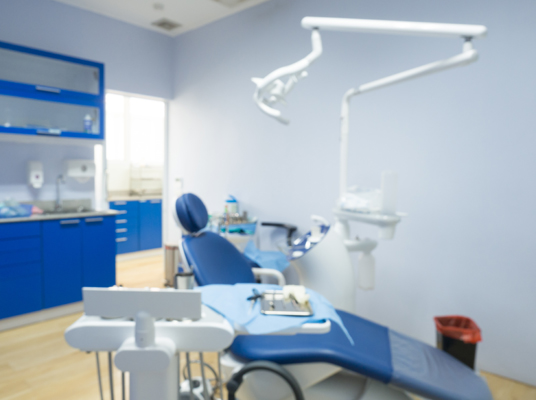Answering Common Questions About Sedation Dentistry

Sedation dentistry offers a safe and effective solution for children who experience anxiety, fear, or difficulty remaining still during dental procedures. By creating a calm and stress-free environment, sedation dentistry allows pediatric dentists to complete necessary treatments while ensuring children remain comfortable. Understanding the types, benefits, and safety measures can help parents make informed decisions about their child's dental care. Here are some of the most frequently asked questions regarding sedation dentistry.
What is sedation dentistry?
Sedation dentistry refers to using medication to help patients relax during dental procedures. In pediatric dentistry, dentists commonly use this approach for children with dental anxiety, special healthcare needs, or who require extensive treatment in a single visit. It helps reduce movement, minimize fear, and create a more positive dental experience.
There are several levels of sedation used in dental care:
- Nitrous oxide (laughing gas): Provides mild relaxation and wears off quickly after treatment.
- Oral sedation: A prescription liquid or pill the child must take before their procedure to induce a deeper level of calm.
- IV sedation or general anesthesia: Reserved for complex cases and usually administered by a trained anesthesiologist.
The pediatric dentist determines the most appropriate level of sedation based on the child's age, medical history, and treatment needs.
Is sedation dentistry safe for children?
Yes. Sedation dentistry is safe when administered by trained professionals in a properly equipped setting. Pediatric dentists follow strict safety guidelines and monitor the child's vital signs throughout the procedure. Before any sedation, a thorough review of the child's medical history and medications ensures that the treatment plan aligns with the child's current health status.
Modern sedation techniques minimize the risk while maximizing comfort. Parents can feel reassured knowing that pediatric dental teams receive specialized training protocols and emergency preparedness.
What happens before and after the appointment?
Before a sedation appointment, parents receive instructions on food, drink, and medication restrictions. These guidelines help reduce the risk of complications and ensure the child responds well to the sedative. On the day of treatment, the dental practice may ask parents and patients to arrive at least 15 minutes early to complete necessary paperwork, procedure preparation, and evaluation.
After the procedure, the child remains under observation until fully alert. Recovery times vary depending on the type of sedation. Children who receive nitrous oxide often return to normal activities quickly, while deeper sedation may require a longer rest period. Parents receive aftercare instructions to support a smooth recovery.
Who should consider sedation dentistry for their child?
Sedation dentistry is especially helpful for children who:
- Experience severe dental anxiety or fear
- Have a strong gag reflex
- Need multiple or complex procedures
- Have difficulty sitting due to age or medical conditions
Using sedation helps ensure that essential dental care is not delayed or avoided. It also creates a better impression of dental visits, which can encourage better oral health habits over time.
Consult a pediatric dentist before your child's visit
Sedation dentistry effectively delivers high-quality dental care to children who may struggle with traditional appointments. This method offers a valuable solution for families with children seeking a calm and supportive dental experience. We understand that you may have more questions. Contact Little Molars Pediatric Dentistry today to consult our pediatric dentist regarding sedation dentistry.
Request an appointment here: https://www.littlemolarsnj.com or call Little Molars Pediatric Dentistry at (862) 451-8222 for an appointment in our West Caldwell office
Check out what others are saying about our dental services on Yelp: Sedation Dentist in West Caldwell, NJ.
Related Posts
Seeing a kids dentist for regular checkups can maintain your child’s good dental health from day one. Primary teeth are as important to a child’s health as permanent ones. That is why caring for them is crucial. Here are the important points of going to your kids dentist for regular dental checks.Kids must value healthy…
Children do not often list going to the dentist as one of their favorite activities, but regular visits to the kids dentist are among the most important things that they can do in early life. By starting early, a pediatric dentist helps prepare children for a successful future that is free from major oral health…
Kids dentists provide multiple services dedicated to preserving or improving your little ones' oral health. Poor oral health can cause a ripple effect in your kid's development. The teeth play an integral role in their functioning, from bone structure and speech to the digestive and respiratory systems. A kids dentist can help set the foundation…
Your kids dentist can help prevent serious dental issues. Bringing your child in for regular checkups enables the dentist to detect and treat any minor problem. This type of provider has an important role in keeping your child’s mouth healthy. Here is the multi-faceted role of a kids dentist in preventive dentistry.Maintaining a child’s oral…
